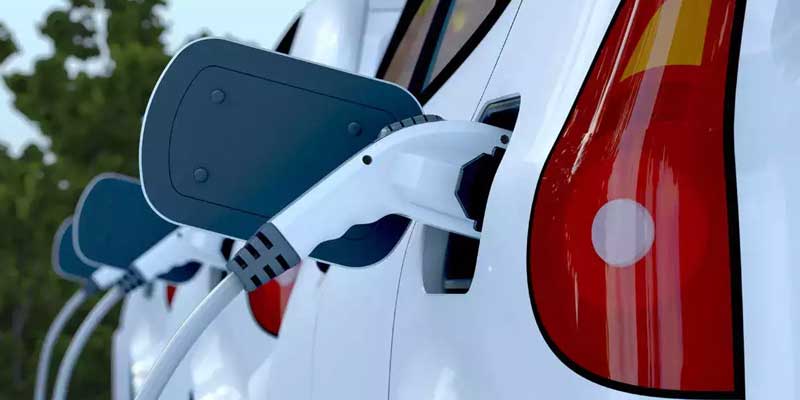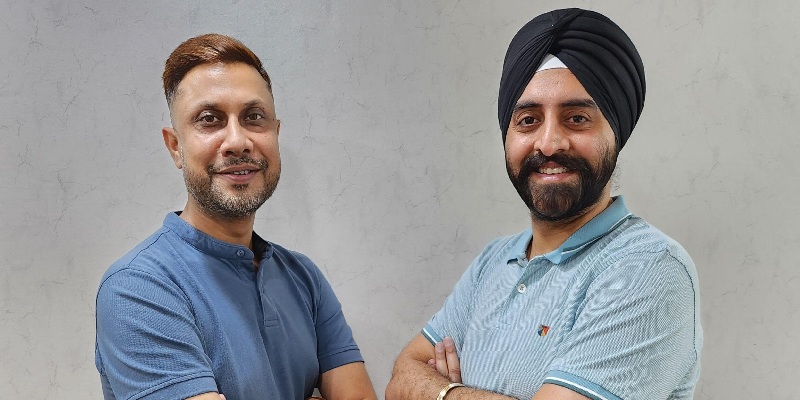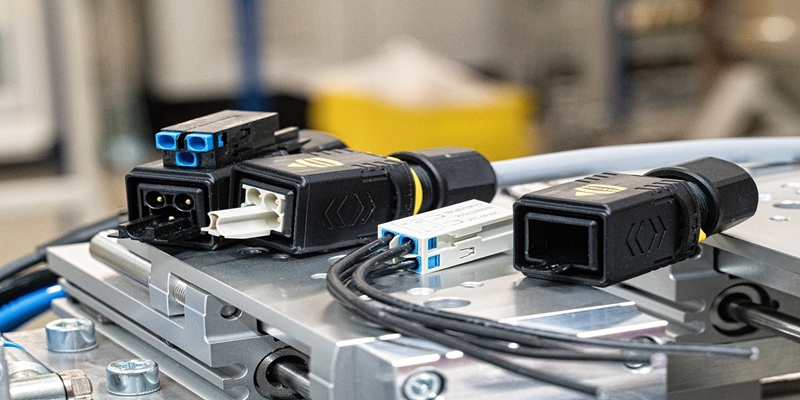Schedule a Call Back
More than half of India?s vehicles will be electric by FY33, Axis Capital Research
 Industry News
Industry News- Oct 05,23

A progressive recasting of PLI for battery manufacturing is critical to spur EV battery making in India, concludes Nishit Jalan, Lead Analyst ? Automobiles at Axis Capital Research after a several-months-long study of the evolving global EV battery ecosystem and global OEM strategies. Given the sizable government intervention in most markets, Jalan and colleague Amar Kant Gaur focused substantially on studying industrial policies and expert views before benchmarking subsidy levels and conducting sensitivity analyses.
Report Highlights ? High incentives to drive EV adoption and 250 GWh battery demand by FY33E. Incentives comprise ? ~30-40% of the pre-subsidy price of EV PVs and 2Ws (higher than global markets). Overall incentives will cost the exchequer Rs 1.8 tn over FY23-28E, even as higher incentives drive EV penetration to 50% by FY33E. Sufficient scale, localization, and innovation can shrink the cost of EV ownership enough in the next five years to significantly lower the need for incentives. India will need capex of ~$30-33 bn (excluding major backward integration) to build the required Li-ion battery capacity of 330 GWh (250 GWh demand, 75% utilisation) in the next decade (70-75% of demand just for LFP). ? China controls global battery supply chain; US moves into the fray. China controls 65-70% of global battery capacity and 55-85% of global supply of battery components, having sold 5 mn EVs with 21% penetration in CY22. China?s dominance of the global EV supply chain began with a strategic long-term plan launched in 2001, focused on high subsidies (>$250 bn by FY26) and stringent local sourcing norms. Two decades later, the US entered the fray with its Inflation Reduction Act (2022), offering high subsidies ($370 bn over 10 years) on EV sales and battery production, contingent of course on local sourcing. ? India?s localisation efforts hobbled by tech and restrictive incentives. Localisation of battery packs (20-25% of battery cost) has begun in India and will reach 100% in the next 1-2 years. However, cell manufacturing will likely begin in 2-3 years given the technological limitations of domestic companies and limited interest from global players. As EV volumes grow, India OEMs will seek greater control of battery supply. India?s battery PLI scheme has come up short with tough timelines, demanding technology specs and onerous value addition it imposes, apart from low actual incentives. Jalan and Gaur point out that overcoming this challenge of localizing battery manufacturing in India hinges on a progressive overhaul of PLI for battery manufacturing. ? India OEMs to follow global OEMs taking control of battery supply. Global OEMs are looking closely at (1) in-house battery manufacturing, (2) JVs with battery makers, (3) acquiring stakes in battery companies, and (4) long-term agreements; we expect India OEMs to follow suit. The battle for controlling the EV supply chain already has interesting contenders in the Tata Group and Ola, both of which have announced related plans.
Related Stories

Jupiter International Commissions 1 GW Solar Cell Unit at Baddi
Jupiter International commissions its third solar cell unit in Baddi, adding 1 GW mono PERC capacity and taking total installed capacity to nearly 2 GW, with a 1.25 GW TOPCon line underway.
Read more
Calcom Vision Reports Record Q3 and 9M FY26 Revenue, Strong YoY Growth
Calcom Vision Limited posts highest-ever 9MFY26 revenue at Rs 150.3 crore, with robust growth across lighting and EMS segments.
Read more
Taypro aims to be a performance-driven automation provider: Yogesh Kudale
Yogesh Kudale, Co-Founder & CEO, Taypro explains how AI-led, waterless robotic cleaning is improving solar plant performance ratios, reducing soiling losses, and reshaping O&M economics across utili..
Read moreRelated Products

Automotive Oil Pump
Kalpak Auto Pvt Ltd offers a wide range of
automotive oil pump.
Tata Motors unveils facilities for development of Hydrogen propulsion tech
Tata Motors, India?s largest automobile company, unveiled two state-of-the-art & new-age R&D facilities for meeting its mission of offering sustainable mobility solutions. The unveilings constitute of Read more
Tata Motors plans petrol powertrain for Harrier and Safari SUVs
Tata Motors is in the process of developing a new petrol powertrain for its premium sports utility vehicles, the Harrier and Safari, as confirmed by a senior company official. Currently, these models Read more














